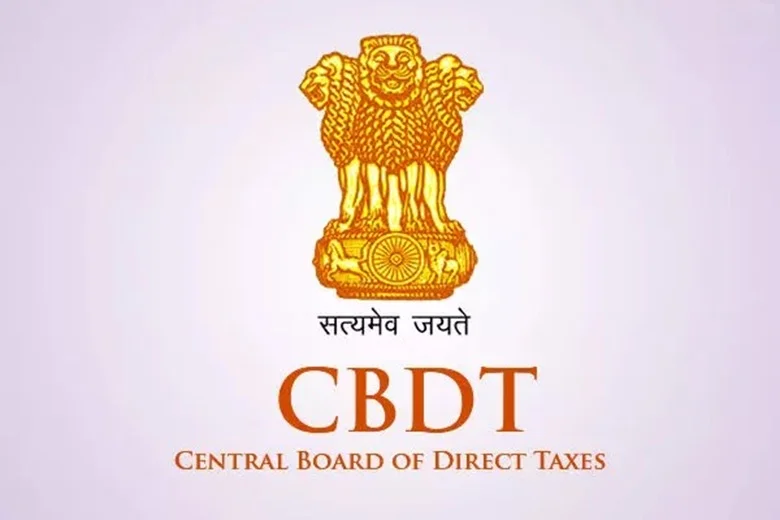New Delhi – The Central Board of Direct Taxes (CBDT) has officially extended the deadline for filing income tax audit reports for the financial year 2024-25 (assessment year 2025-26) from September 30 to October 31, 2025. The extension comes as a relief for taxpayers and professionals grappling with audit compliance pressures.
Industry groups and tax experts had long urged the government for a reprieve, noting that many were struggling to meet the original deadline. Regional floods, natural disruptions, and occasional glitches in the e-filing portal had compounded the challenges.
“Preparing an audit report is a detailed and time-intensive process. This additional month gives taxpayers and professionals the necessary window to organize documents and complete verification,” said a senior tax expert.
Who Must Undergo a Tax Audit?
Audit requirements vary depending on business size and professional income:
- Businesses and Companies: Firms with turnover exceeding ₹1 crore must undergo a tax audit. If cash transactions constitute less than 5% of total turnover, the threshold rises to ₹10 crore.
- Professionals: Doctors, lawyers, architects, and consultants with annual income over ₹50 lakh are required to complete an audit. For those with minimal cash dealings, the threshold increases to ₹75 lakh.
- Small Businesses and Professionals: Those opting for presumptive taxation under Sections 44AD and 44ADA are generally exempt, unless profits fall below prescribed limits or income exceeds thresholds.
FutureCrime Summit 2026: Registrations to Open Soon for India’s Biggest Cybercrime Conference
Common Misconceptions and Cautions
Experts caution that misunderstandings are common:
- Digital transactions include not only UPI and card payments but also bank transfers and demand drafts.
- Filing estimated taxes does not automatically exempt one from audit requirements.
- Frequent switching between presumptive and regular taxation can affect audit exemption eligibility in subsequent years.
Penalties for Missing the Deadline
Filing income tax returns without a completed audit report is considered illegal. Under Section 271B, penalties can reach up to ₹1.5 lakh or 0.5% of turnover, along with interest and late fees. Non-compliance can also trigger stricter scrutiny in future assessments.
Why the Extension Matters
CBDT data shows that as of September 24, 2025, over 400,000 audit reports had been submitted, with more than 60,000 uploaded in a single day. The one-month extension offers critical relief to businesses and professionals still finalizing documents and completing verification.
“Extending the deadline not only eases pressure on taxpayers and professionals but also helps streamline compliance procedures,” a senior official said.



